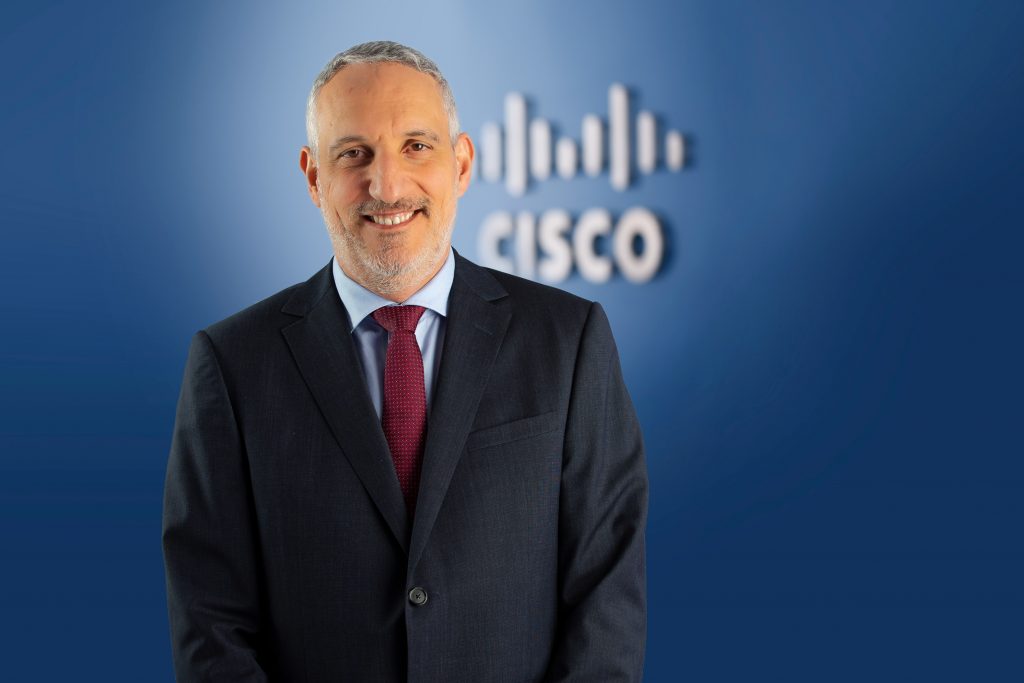
With travel restrictions being eased and more employees becoming comfortable with travel and remote working, the hybrid work environment has become an essential component for businesses in the UAE and around the world. This has also resulted in an increase in complexity and security risks.
The rise in cyber-attacks today poses a growing threat in a workplace redefined by remote capabilities. Cisco experts share top tips that users can implement to ensure a smooth hybrid working experience, whether teams are working in the office, remotely, or while traveling.

Fady Younes, Cybersecurity Director, EMEA Service Providers and MEA commented: “As work patterns change and hybrid work becomes the norm, the traditional notion of the workplace with its rules and hierarchies is being replaced by a far more flexible approach based around hybrid working. Yet we must not forget that this growth and flexible working is underpinned by maintaining the security of the data and the systems that process it.”
“Employees working remotely must be aware of their responsibilities to follow good cybersecurity practices. With the freedom and power of hybrid work, also comes the responsibility to work in a cyber secure manner, no matter where we are,” he added.
Cisco highlights a few key steps users can take to protect themselves from potential cyber-attacks and threats in order to raise security awareness and ensure a safe and seamless user experience.
Be on the lookout for scam calls and emails, especially ones that request fund transfers to allegedly support people in dire circumstances. On the other hand, phishing emails today can be very convincing. The key to identifying these scams are to watch out for odd wording, email address, strange links, companies with generic addresses and more. Working remotely may also open the avenue for phone calls with a likely story and be asked to download or authorize something via smartphone. In these cases, ensure IT departments are notified.